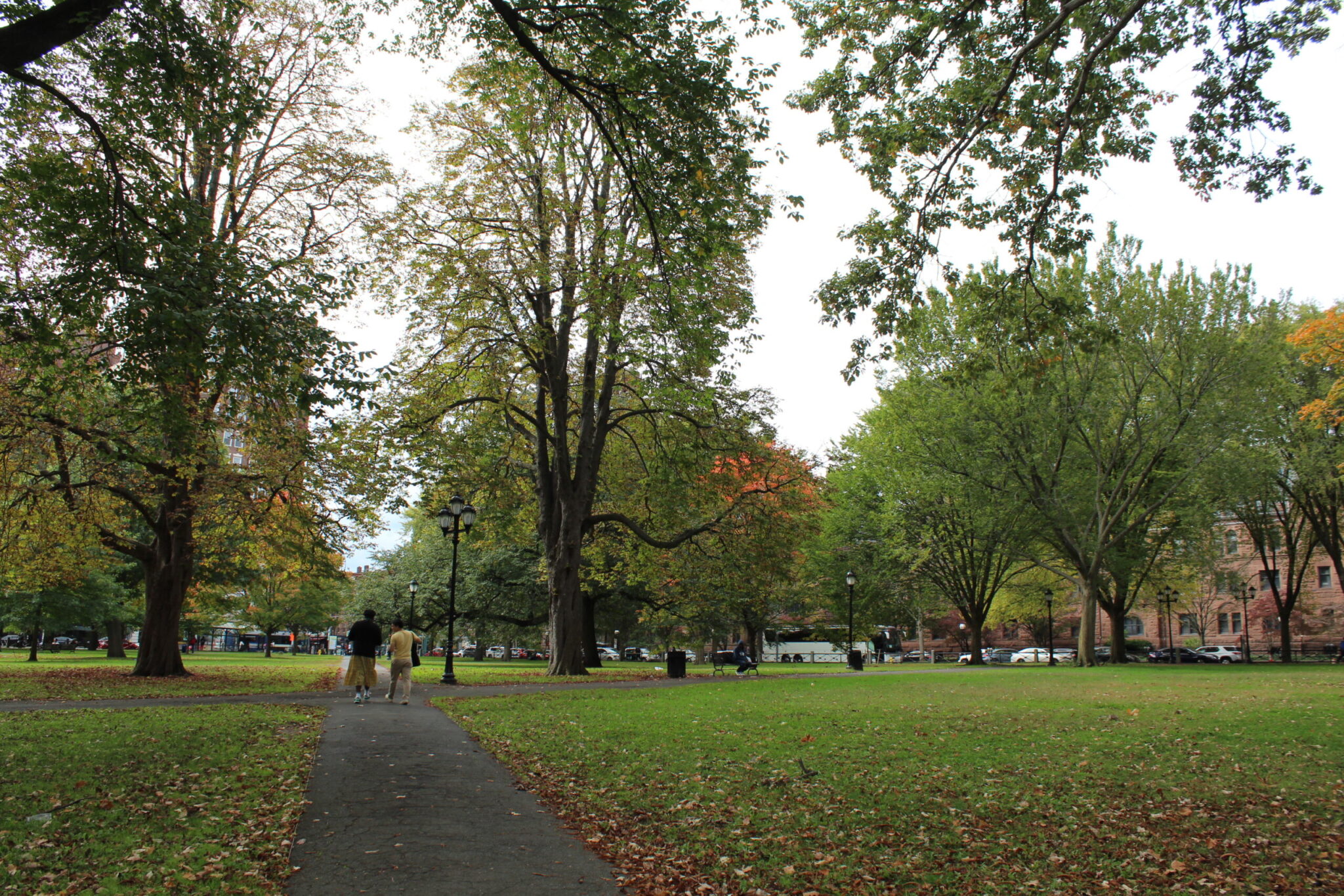PROFILE: Connecticut For All fights inequality statewide
The coalition — composed of almost 70 labor, community and faith organizations — strives for a more economically just Connecticut.

Gabrielle Lord, Contributing Photographer
As the 2024 state legislative session nears its end, one coalition is fighting to protest education funding and reduce economic equality statewide.
Connecticut For All is made up of almost 70 labor, community and faith organizations, including the Connecticut Tenants Union and the New Haven Federation of Teachers. The coalition aims to address and repair “systemic” inequality within Connecticut, especially in low-income communities. Connecticut For All’s main goal is to fix the state’s tax structure and provide support for working families.
“We do direct lobbying … and also do coalition-wide actions to paint that picture of how broad our fight is,” Norma Martinez-HoSang, director of Connecticut For All, said. “We’re fighting for the same thing, at the end of the day: services to be funded appropriately so that families can thrive [and take care of] their whole self — healthcare, public education and housing.”
Connecticut For All is currently advocating against Governor Ned Lamont’s proposal to cut $39 million in education spending to fund childcare in the state. Martinez-HoSang said these efforts have been successful, citing the new budget that was proposed on April 4 which would increase funding for higher education.
The coalition has also established a Democracy School program, which engages partner groups in “skills training and political education,” to ensure the various organizations can work together. Because housing, education and healthcare are intertwined issues, Martinez-HoSang emphasized the importance of creating a collaborative space for the coalition’s organizations.
One of the community organizations in the coalition is the Connecticut Tenants Union, or CTTU. CTTU, which has fifteen chapters, strives to protect tenants’ rights across the state.
During the current legislative session, CTTU has pushed for the expansion of existing “just cause” eviction protections for elderly and disabled tenants to nearly all renters. According to CTTU Vice President Luke Melonakos-Harrison DIV ’23, the organization also advocates for “adequate code enforcement, health and safety standards in rental housing [and] fair rent conditions.”
“Everybody needs a place to live that’s safe, that is affordable, where your kids can grow up for several years and stay in the same neighborhood,” CTTU President Hannah Srajer GRD ’25 told the News. “Connecticut For All’s mission of a more just Connecticut for working-class folks really fits into [CTTU’s] bottom line mission.”
CTTU has worked with Connecticut For All over the past few years, with the coalition supporting efforts like CTTU’s 2023 rent stabilization campaign. However, CTTU only became an official dues-paying member of the coalition in the last year. Srajer said the coalition’s support has been “instrumental” in spreading the word about the ongoing just cause eviction campaign.
Another member of the coalition is the New Haven Federation of Teachers, or NHFT, which advocates for better working conditions for the city’s public school teachers, whom the union represents.
The union’s current focus is its upcoming contract negotiations in 2025. NHFT’s leadership hopes to secure caps on class sizes — particularly for students receiving special education — and additional support for English language learners.
NHFT joined Connecticut For All in 2022, participating in the March for Our Classrooms in New Haven, which called for additional state funding for public schools and universities.
“The governor and right-wing groups want early childhood, want pre-K-12, want public higher education to fight over the scraps,” NHFT President Leslie Blatteau said. “The beauty of the Connecticut For All coalition [is] that we refuse to be pitted against each other. We refuse to be split.”
Blatteau told the News that NHFT and the other organizations in Connecticut For All frequently work together.
Coalition members attend regular coordinating committee meetings via Zoom, as well as collaborating in person at rallies, press conferences, actions at the state capitol and the Democracy School program.
“We really take down the typical barriers that exist that might create obstacles for communicating with each other,” Blatteau said. “We really come together, open to learn from each other and ready to do the work.”
Connecticut For All is comprised of sixty-eight member organizations.







